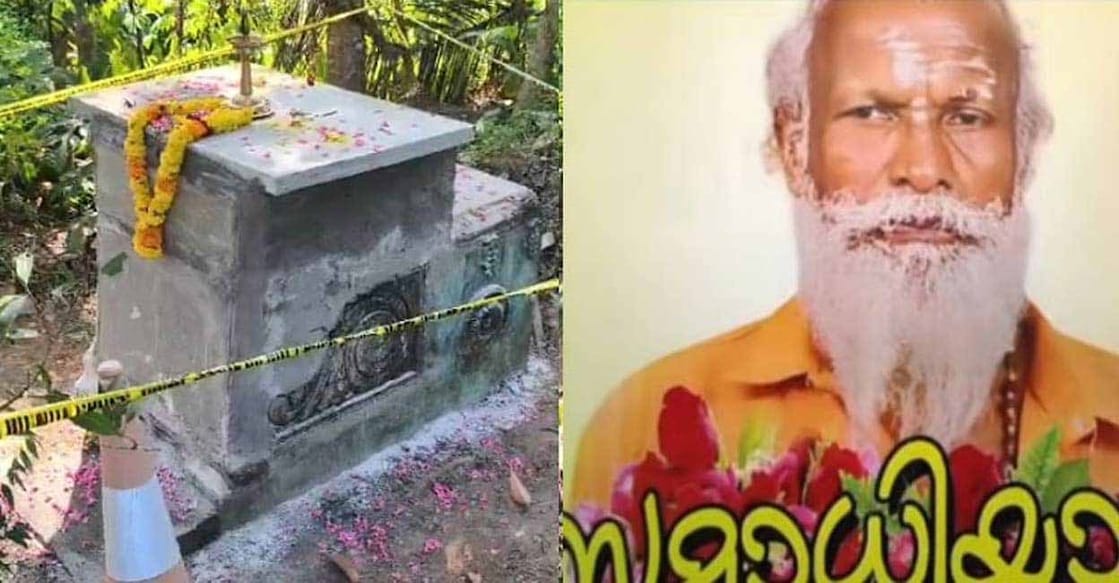Religious beliefs vs legal obligations: The right way to report death in Kerala

Mail This Article
The controversy over the death of Neyyattinkara Gopan Swamy has sparked heated debates in Kerala, raising questions about the proper procedures for reporting and registering deaths in the state. With allegations of procedural lapses and missing documentation, the case has underscored the importance of adhering to the legal framework for death registration.
Here's the step-by-step procedure to register a death in Kerala:
1. Death at Home
When a person dies at home under natural circumstances, the first step is to notify a doctor immediately and obtain a death declaration certificate. The family must then apply for the official death certificate online via the state government’s KSmart portal. They must submit the necessary details, including the deceased's name, date of death, place of death, and the death declaration certificate.
Following the application, an officer from the local body’s Birth and Death Registration wing visits the residence to verify the details. The death certificate is typically issued within a few days after verification.
2. Death in Hospital
If death happens in a hospital, the hospital authorities enter all details via registration kiosks, get it verified by the relative/bystander, and send the details to the respective local body registrar. The relatives can then download the certificate from the Ksmart portal. For natural deaths, a post-mortem is not required. However, if the death appears suspicious or unnatural, a post-mortem examination becomes mandatory. The family can apply for the death certificate once the required documentation, including the post-mortem report, is complete.
3. Unnatural Deaths and Legal Involvement
Deaths involving suspicious circumstances require police involvement. Before applying for the death certificate, a detailed post-mortem and other legal formalities must be completed. The authorities handle these cases in accordance with the law to ensure accuracy and accountability.
The what, who and how of Habeas Corpus
Habeas Corpus, literally "you shall have the body," is a writ that is used to enforce fundamental rights guaranteed under the Constitution. This legal writ can be filed in the High Court or Supreme Court to seek the production of an individual believed to be illegally detained or missing.
The petition can only be filed by a close relative or a friend of the missing person who has regular interaction with them. The court can direct authorities to present the individual before the court.
The provision ensures accountability and upholds the individual's right to freedom and life under Article 21 of the Constitution.
The Neyyattinkara Controversy
In the Neyyattinkara case, the absence of a doctor’s declaration and essential documents prompted the District Collector to investigate. The exhumation process was initiated to ascertain the circumstances of Gopan Swamy’s death.
However, given the religious sensitivities tied to the issue, officials are approaching the case cautiously to avoid unrest. The authorities have warned that any attempts by the family to obstruct the exhumation could result in charges under Section 221 of the BNS for interfering with official duties.
“The family can seek a restraining order from the High Court, citing Gopan’s last wishes. However, the lack of documented evidence weakens their case. In our country, religious practices cannot override the law,” Bindu Shankara Pillai, an advocate practising at the Vanchiyoor District Court, told Onmanorama.


